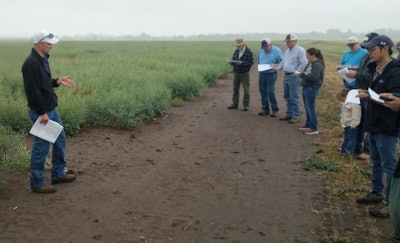
As Scoular plans to begin operations at its soy and canola oilseed crush operation later this year, the company is offering farmers in the lower Midwest more opportunities to consider canola as a viable crop.
On May 16, Scoular, along with Kansas State University (K-State) and the Great Plains Canola Association hosted a winter canola field day at the KSU South Central Experiment Field near Hutchinson, Kansas. Attendees there had the chance to learn more about both Scoular’s new operation, as well as the potential of canola for producers.
The soon-to-be soy and canola crush facility, located near Goodland, Kansas, was acquired by Scoular in 2021. In March 2023, the company announced it was going to retrofit the facility to handle those crushing operations.
Jeff Frazier, Scoular market development manager, said the construction work is on schedule, and crushing operations are set to begin on October 1, provided there are no unforeseen weather events that would postpone that date.
Regardless, Scoular is getting prepared and will begin accepting canola for at its Goodland locations on June 3. The company will also accept canola at its locations in Cullison and Wellington, both of which are in the south-central part of the state, whereas Goodland is in northwest Kansas. Scoular has also reached an agreement with Central Prairie Co-op, which will accept canola at its Pollard location in central Kansas. Grains for those facilities will eventually be sent to the crush operation.
Frazier said once the facility is fully operational, the company expects to crush around 11 million bushels annually.
Canola’s future in Kansas
In Kansas, the big four crops are wheat, corn, soybeans and milo – in that order in terms of acres planted in 2023, according to United States Department of Agriculture Data. Canola lagged far behind with only 1,500 acres planted. By comparison, there were 8.1 million acres of wheat planted that same year.
Kansas’ canola acreage had been higher in years past, and K-State canola breeder said he is glad to see a renewed interest.
“Scoular is a big reason why there’s this interest again in growing canola. They brought our market back which was desperately needed. It’s been tough to be excited about canola over the past two or three years. It’s hard for farmers to take their grain to North Dakota and other places. Having that regional market, I think, will sustain us for the future. Scoular’s going to be in it for the long haul,” said Stamm.
Stamm also said there is a lot of interest in developing varieties of canola that will be higher yielding, as well as more tolerant to challenging weather conditions and potential diseases.
Stamm shared with attendees a list of canola hybrids that are part of a national trial, developers included “some pretty big players,” including K-State, Ohlde Seed, Star Specialty, CROPLAN, Bayer, Corteva and Rubisco Seeds.
“It’s an exciting future,” said Stamm. “I really, really believe in that.”



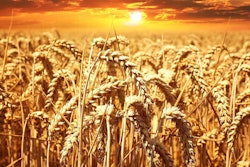


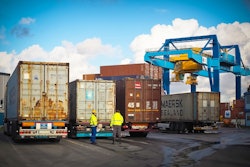




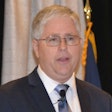

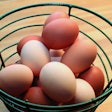




![Logan And Jerry Fitch[1]](https://img.feedandgrain.com/files/base/wattglobalmedia/all/image/2023/05/Logan_and_Jerry_Fitch_1_.6470faf6bcc37.png?auto=format%2Ccompress&fit=crop&h=112&q=70&w=112)
